If you click on a link and make a purchase we may receive a small commission. Read our editorial policy.
The definitive guide to Black superheroes
Examining established tropes of Black superheroes and their cultural impact on representation
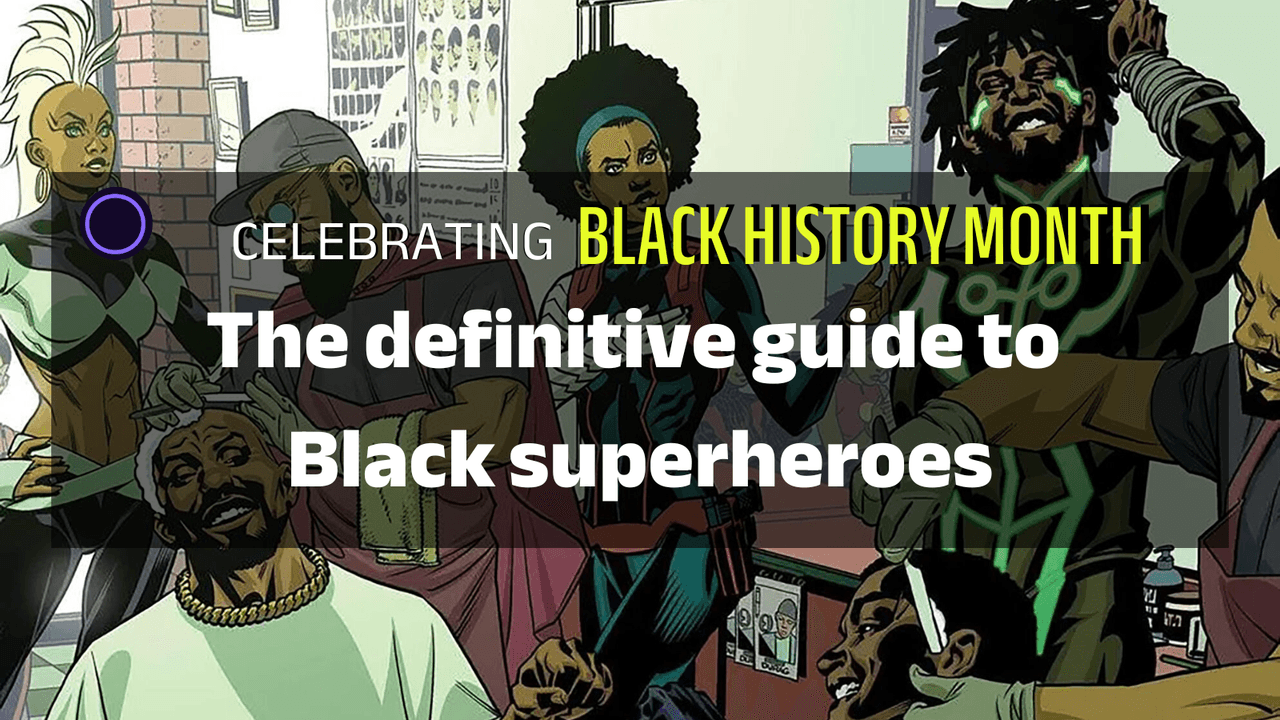
I love Black Superheroes. Growing up, I didn't have many heroes with which I could identify. I inadvertently named my baby boy after the X-Men's energy-channeling, time-traveling, mullet-wearing badass Bishop. Also, if you put our first names together, we make Luke Cage (Carl Lucas).
Outside of Bishop, as mentioned earlier, I wasn't exposed to a myriad of heroes that looked like me. Someone I could point to and put myself in their shoes. I ended up latching on to characters like Panthro from Thundercats, who reminded me of my father. It turns out Earle Hyman voiced Panthro. For the uninitiated, the granddad from the original Cosby Show. Even as a child, I was subconsciously and inadvertently latching on to characters like me. Man, I make a lot of back-of-the-mind decisions.
Today I am pretty well-versed in Black superhero culture. My adult disposable income is spent on Black lead comics, video games, or films. In my pursuit to ingest all this niche content, I started to clock reccurring tropes and similarities of Black superheroes in pop culture. When you stack certain characters next to one another, you start seeing patterns that stretch across the history of Black superheroes. Let's explore some of these tropes, aesthetic choices, and commonalities and see how they have defined Black superheroes for today.
Tropes of Black Superheroes
Tropes are a commonly used theme or device in media. An excellent example of this is the 'Nerdy Best Friend' dynamic. Tons of main characters pair up with awkward social misfits who would never usually hang out with the cool kids. Bart Simpson had Milhouse, The Fresh Prince had Carlton, and Mike Seaver had 'Boner.' Black superheroes also have familiar tropes, so let's explore the 'Black Sidekick' trope.
Black Sidekicks
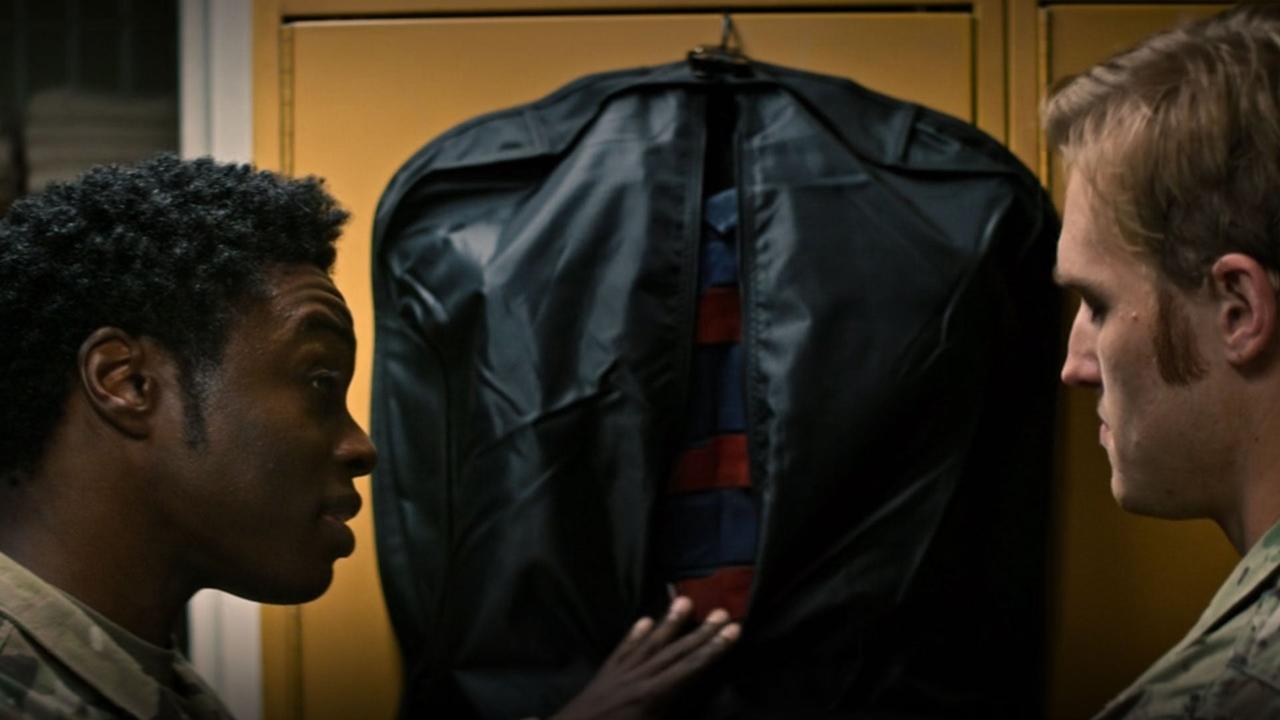
We are diving right in. Black Superhero Sidekicks are the backbone of comics. They offer moral support, are fiercely loyal, and are often sacrificed so the hero can progress in their heroism. A recent mainstream example is Battlestar in the MCU show Falcon and The Winter Soldier. Lemar Hoskins, played by Clé Bennett, was the best friend and partner of John Walker, the short-lived replacement for Steve Rogers as Captain America. Hoskins gave Walker sage words of wisdom as he struggled with his role as America's Captain. He was there by his side in every battle until his unpowered ass was killed by the Flag-Smashers, leading Walker down a dark path to his eventual turn as US Agent. Hoskins catalyzed John Walker rather than being a fully-fledged character. He had no character growth and minimal backstory, and his primary motivation was to make Walker look and feel better. Not a high point for the trope.
On the opposite side, Sam Wilson (AKA the Falcon) operated as Steve Rogers' best bud and sidekick for many years. Sam was loyal to a fault. A ride-or-die if you will. He went so far as to commit crimes with his super bestie Steve. All in the name of friendship. His loyalty and ability to not catch a stray bullet lead him to adopt the Captain America mantle both in the comics and on the small screen.
Many of the famous Black superheroes today began as sidekicks or support characters. Be it Luke Cage, Monica Rambeau, or Steel. They all played the support before taking a more central role in later years. Black sidekicks are a staple of the Marvel Cinematic Universe, so much so they are a meme. I could list them all, but I only have so many words in this feature. There are more examples of this trope, both good (Aqualad) and bad (maybe don't look up Ebony White). Let's transition to another popular trope, standard naming conventions.
Using 'Black' as an adjective
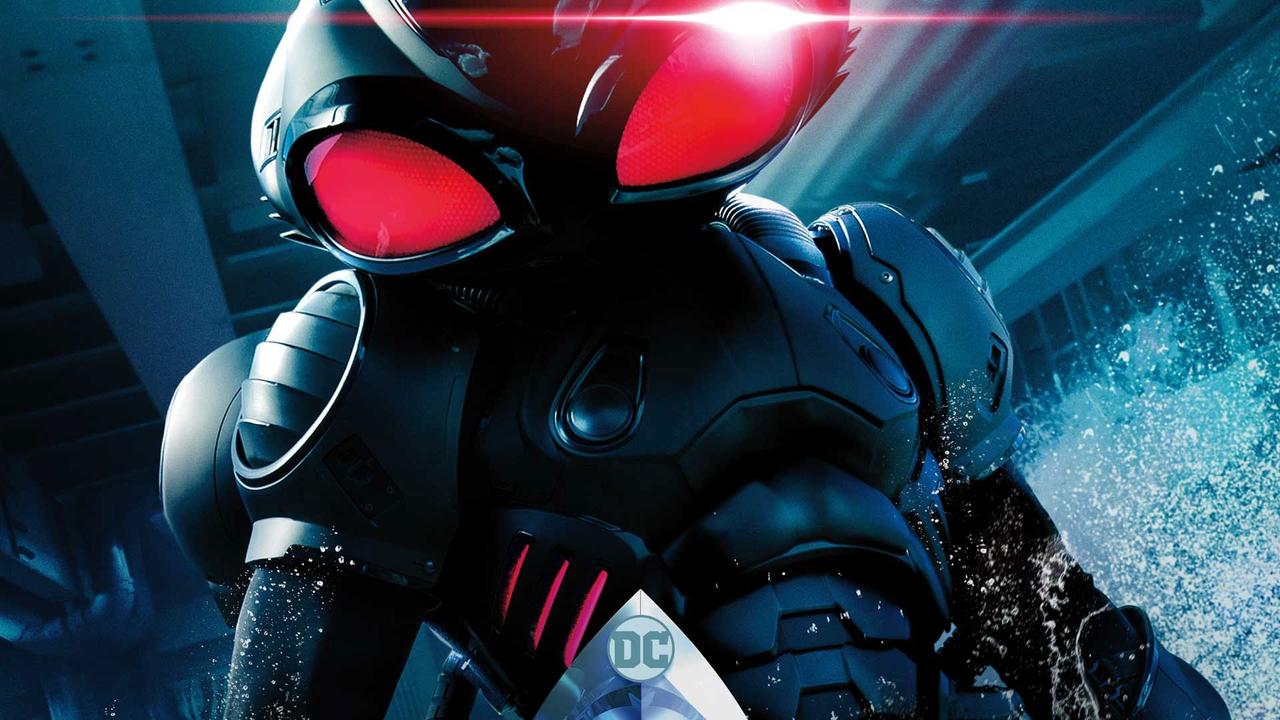
Black Panther is probably the most famous Black superhero in mainstream pop culture. The character's legacy stretches back to the '60s, and is regarded as the first Black superhero in comics. The hero is an African-born prince or princess, dressed in a ceremonial Panther warrior suit, making the hero resemble an anthropomorphized version of the titular cat. The name 'Black Panther' describes the suit and the animal it embodies.
Now that you know all that, answer the following question. What does 'Black Vulcan' describe? How about 'Black Lightning'? 'Vykin the Black'? I could go on. Many Black superheroes are labeled with "Black" as an adjective, qualifying them as Black people. It doesn't reference their abilities or moral alignment. Half the time, they don't even have Black in their costume. It can, however, identify the race of the hero. I have no data to back up whether or not this is a bad thing, but it's certainly a thing. In unique circumstances, a Black character like Zack Taylor, everyone's favorite Mighty Morphin' Power Ranger (fight me on this), was cast as the Black Ranger, in a 'coincidence' so blatant I will stop talking about it right now.
I am an eternal optimist and would instead think of the positives than the negatives. If little Black boys and girls are looking for superheroes to follow, a quick Google search (with Safesearch on) with the parameters 'Black Superhero' will, at the very least, give them a list of heroes and villains they can be sure will look like them. Whether or not those are well-written characters is a whole other matter.
Let's mosey over to our next trope, electrical powers.
Eclectic and Electric
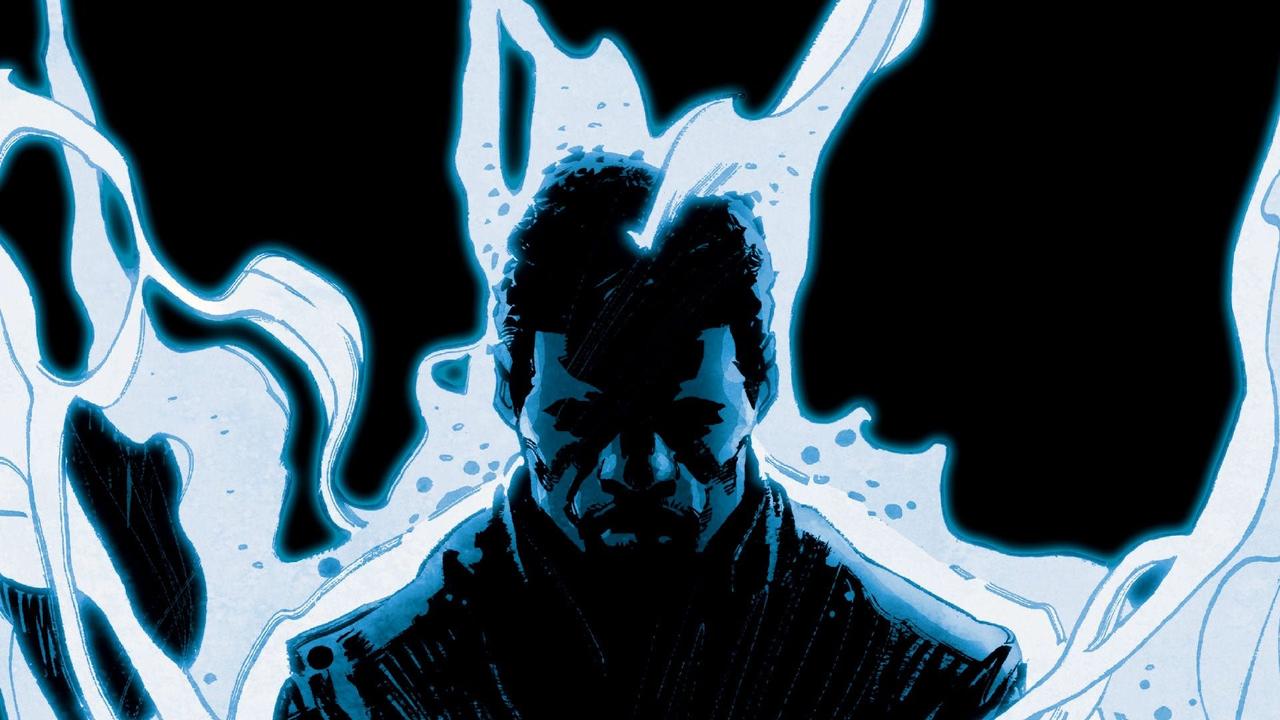
I don't understand this trope, nor do I know why it came to be, but many mainstream Black superheroes (there aren't that many, to begin with) have electric or lightning-based powers. Black Lightning, Static Shock, Thunderer, and Storm, to name a few (or most honestly). Even Miles Morales, everyone's favorite coming-of-age Spider-Man, has an electric-based attack known as the Venom Blasts. If you look up on ComicVine.com the superhero Volt from the Irredeemable series (excellent comic, go read it), his description simply reads, "Black superhero with electrical powers." You could chalk it up to a lack of creativity or the idea that Black people are electrifying (I'll pay that). Either way, it exists and there isn't a concrete reason for it. Same for our next trope, metal-limbed heroes.
Metal-based Black heroes
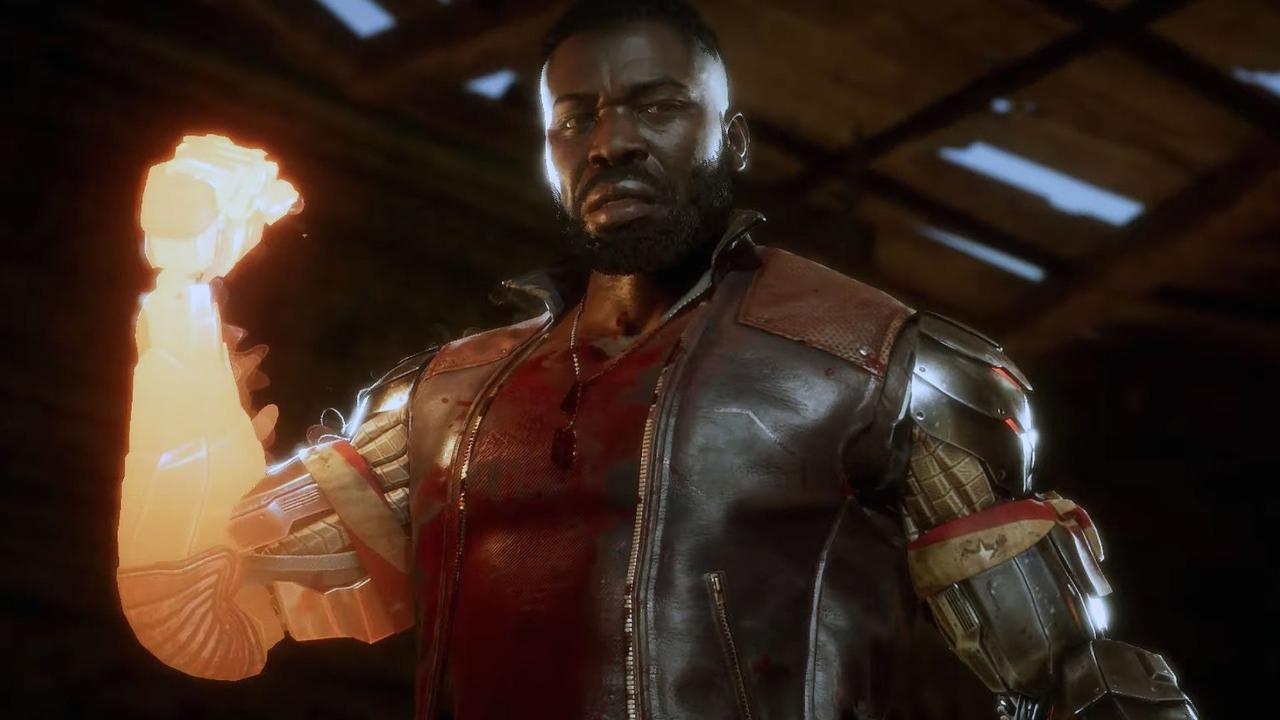
Here is another odd trend. Many Black superheroes and villains in pop culture tend to have metal limbs that enhance their strength or are vital replacements for lost appendages. Misty Knight, Jax and Jacqui Briggs of Mortal Kombat fame, Barret of Final Fantasy 7, Doomfist from Overwatch, Axel of Twisted Metal, and many others sport metal-enhanced limbs or suits that boat their power. Then there is Cyborg, who went complete robot (never go full robot) and has some electric powers. Go figure! I have no definitive answer to why, but it exists.
This one seems to be a random commonality similar to the electric powers trope. As a nerd, I want to apply some deeper meaning to the choice, so I came up with two theories. Suppose you want to be a negative Naomi. In that case, you can believe adding metal limbs to these characters is a dehumanizing tactic, making black people seem less human by replacing their body parts with cold machinery. That sucks, and I refuse to think that way. My preferred theory is the metal limbs are physical manifestations of Black people's inherent power and strength. By turning their flesh into unbreakable metal, you make them super. Isn't that nicer? I think so. The next trope is new, but it's just as important — the Blackification of existing characters.
Blackification
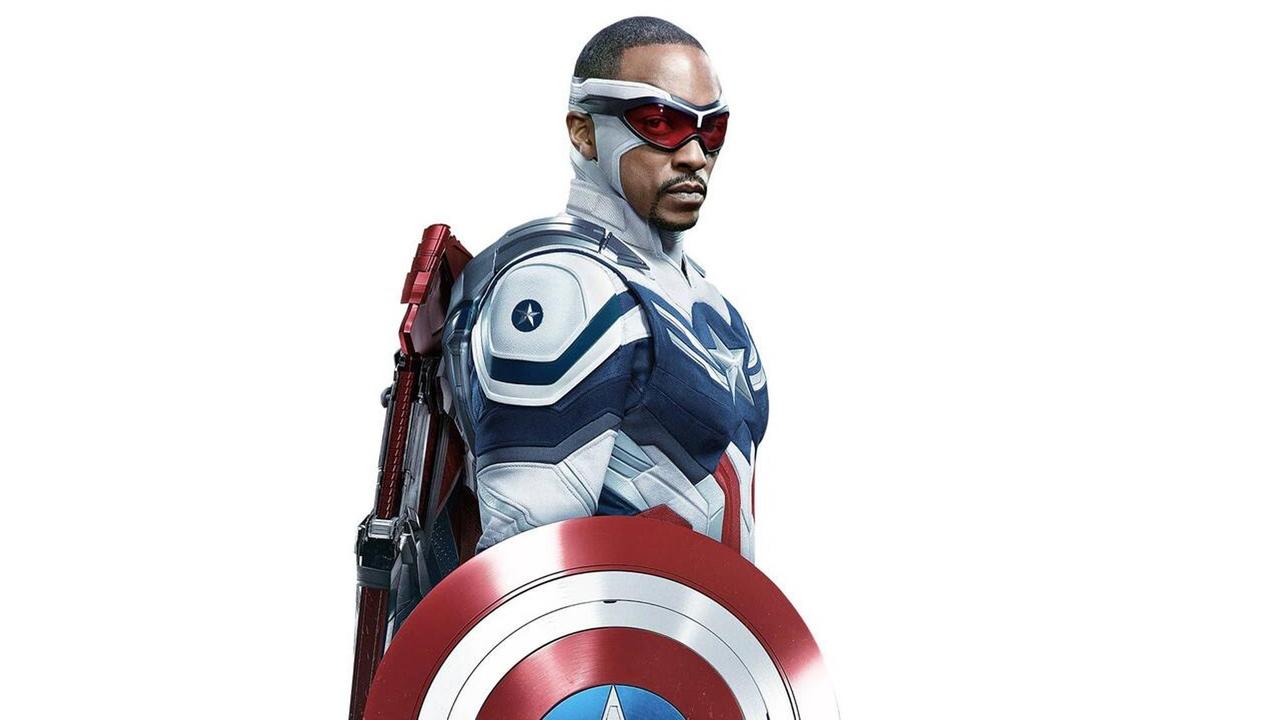
Entertainment properties like Marvel or DC Comics tend to do this with existing characters. Instead of elevating existing Black characters and telling new unique stories with them, mantles of current heroes are passed down to other existing Black characters to carry on the original hero's journey. Be it Sam Wilson as Captain America, Monica Rambeau as Captain Marvel, or Tim Fox as Batman. Many established characters have been race-swapped in favor of more diverse casts. Black nerd culture is so ready for representation we will take whatever we can get, but swapping the race of characters has historically angered other fans and tends to lead to negative discourse. I am in favor of everyone's representation. I also ascribe to the 'this is all fake' mantra. Just remember, it's much easier not to care than to get mad at others about fictional characters.
The next trope is not my favorite. The Black bummer trope.
The Black Bummers
Let's address this and move on quickly. Black suffering in pop culture is a rampant trope that continually depicts Black lead characters dealing with extreme injustice, racial bigotry, and slavery. When the Black Superman movie was first reported, I got nervous as hell. Not because people don't want to race-bend Kal-El (the film is reportedly focused on Val-Zod, an established Black Superman in the DC canon). But because the allure of showing a Black Superman dealing with racism seems almost too good to pass up for Hollywood. I don't know about you, but I am tired of watching that on screen. The conversation around racism is critical, but that should not be the starting point for a film starring a Black lead—especially one as hopeful as a Superman story. There's nothing stating this is the direction of the movie. However, after so many years of those types of films, that was my knee-jerk reaction. Not a healthy way to think, eh? I'm conditioned that way. Let's move on.
The Cultural Impact
Representation matters. Positive and negative representations can shape people's views of a particular culture or race. Superheroes and pop culture figures are no different. What you grow up ingesting informs you of what you think is capable. It shapes what you think is beautiful. It solidifies what you believe is possible. I grew up with Hal Jordan as the Green Lantern. I didn't read many (if any) Green Lantern comics and only saw him as part of the Justice League. Then came the Justice League cartoon, which introduced me to the stalwart powerhouse John Stewart.Suddenly, the Lantern Corp was astonishing, and I wanted to read more about them, Hal included. I never actively avoided a Green Lantern comic but seeing John made me sit up and pay attention to them. I was able to put myself in his green and black tights and identify with him on the base level of 'hey, he looks like me.' Bonus points for him being a positive representation of Black heroes.
I am one of the countless people who grew up without much representation. My parents tried to find me comics with Black heroes on them. I still own a Hardware comic my late father found for me at his job. I read that single issue countless times, never really thinking about why I was reading it. I don't even remember liking it much, but I was starved to see Black heroes and didn't even know it. That need for representation leads me to start Super. Black. as an adult. It's a love letter to, and celebration of, the history of Black superheroes.
No kids (or adults for that matter) should be starved for representation, regardless of race or culture. With the popularization of superhero culture in the mainstream, things have improved. As with everything, we shouldn't simply settle. There is always room for improvement. There is no better example than the Marvel film Black Panther. Never has there been such a mass love for a movie and a culture's complete adoption of its characters. You couldn't walk down the street for a time without seeing people salute each other with the 'Wakanda Forever' gesture. Black culture was so ready for a new Black mainstream superhero they embraced the film with everything they had and still await its sequel with the highest anticipation.
You've made it this far. Now I ask you, how do you view Black superheroes? What was your perception of them before this compared to now? We've only scratched the surface on the portrayal of Black characters. I have left out the vast adverse history for your and my sanity as well. What I've laid out above is not an indictment. It's what exists. These are the things, as a young Black man, I came to realize about the heroes meant to "represent" me in the broadest sense of the word.
The Brightest Side
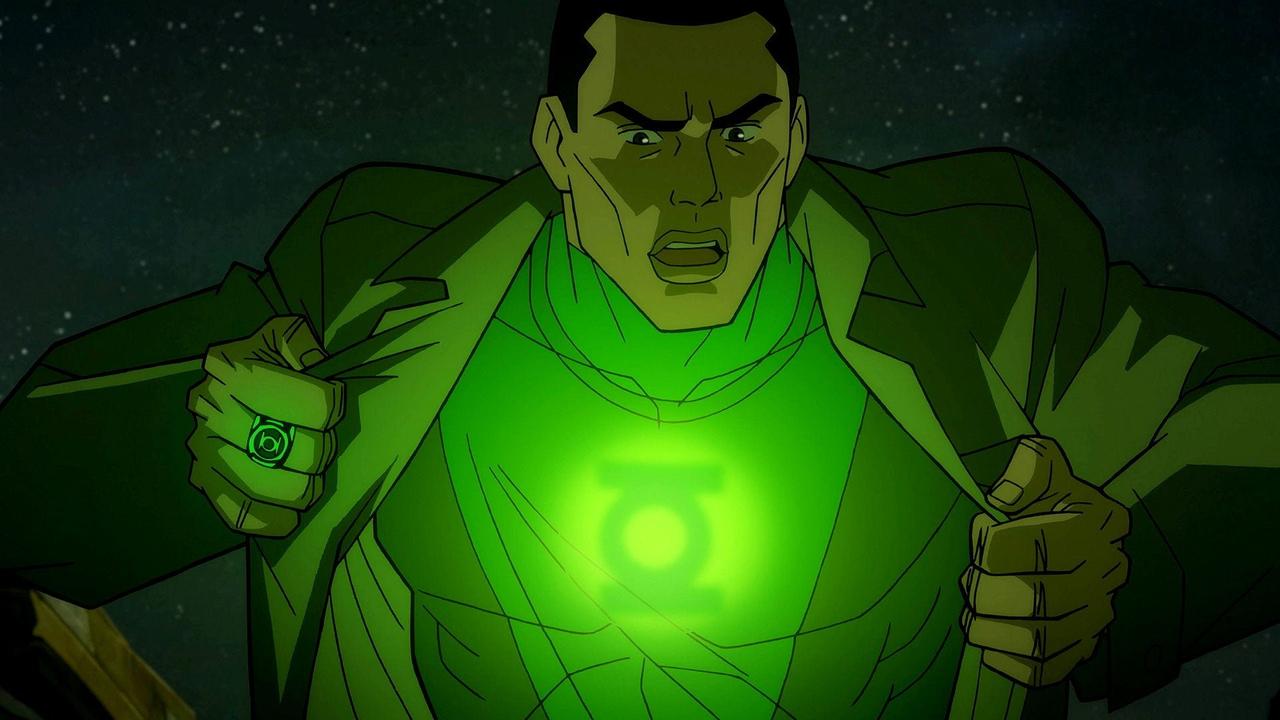
Black Leads Pull List:
- Excellence Vol. 1: Kill The Past
- Hardware Season One
- The Other History of the DC Universe
- Abbott
- Bitter Root
- Protectors of Wakanda: A History and Training Manual of the Dora Milaje
- Skyward
- Static Season One
Read our story on Milestone Comics and its powerful methods of representation.
Follow Popverse for upcoming event coverage and news
Find out how we conduct our review by reading our review policy
Let Popverse be your tour guide through the wilderness of pop culture
Sign in and let us help you find your new favorite thing.


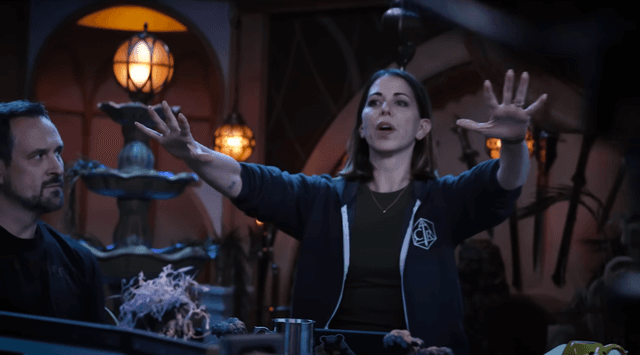













Comments
Want to join the discussion? Please activate your account first.
Visit Reedpop ID if you need to resend the confirmation email.